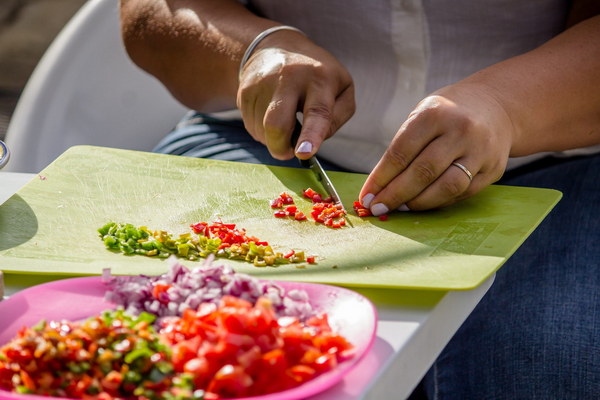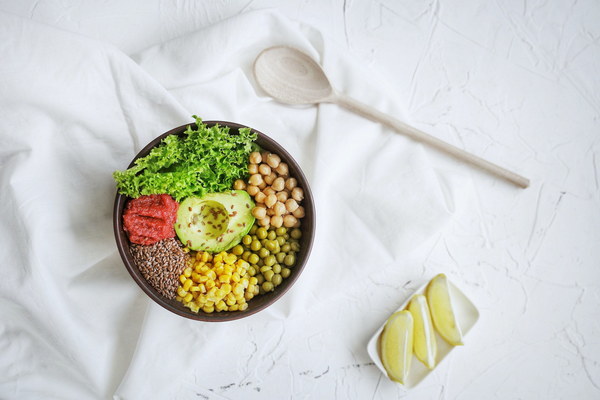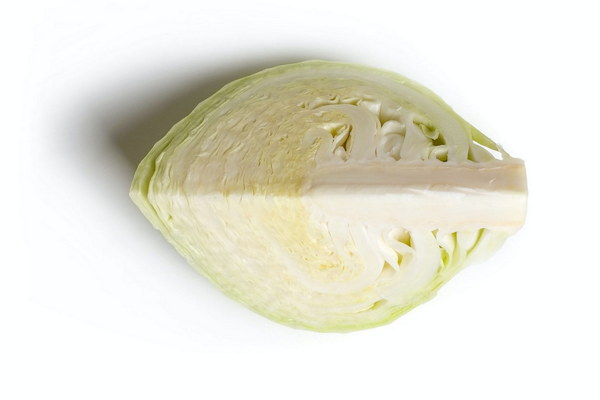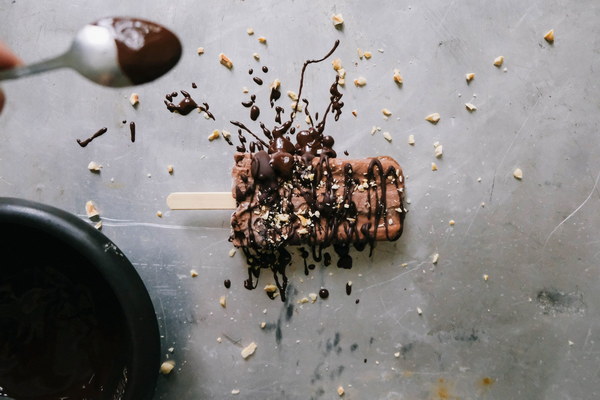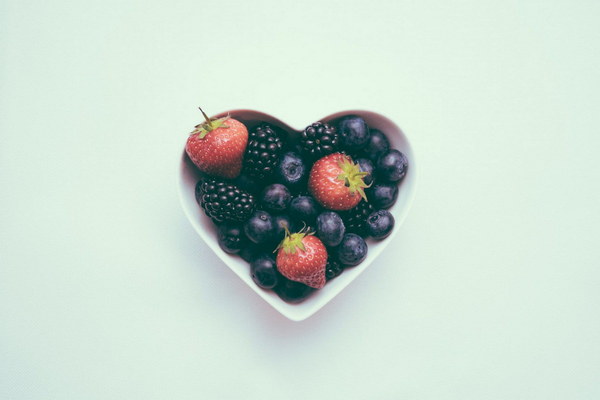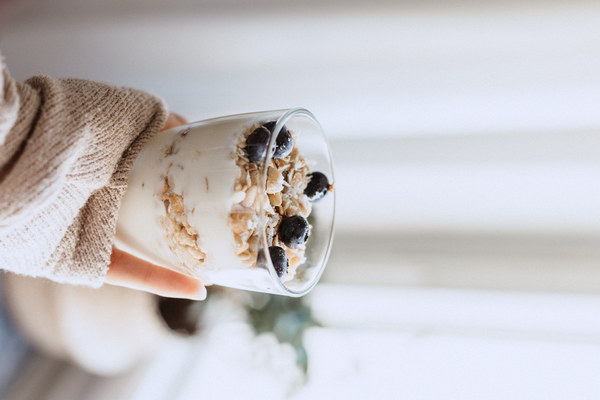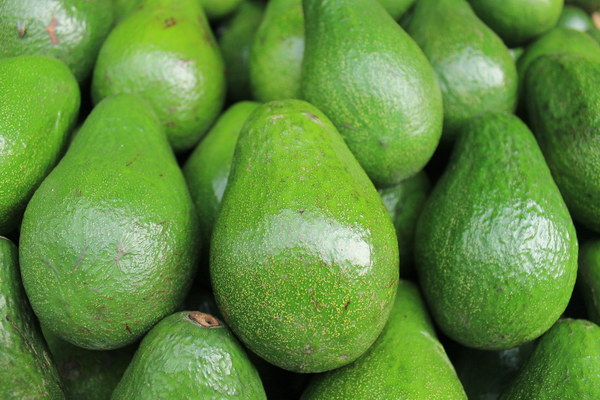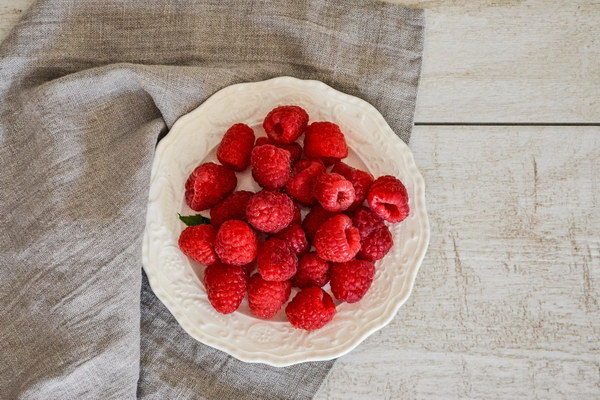Unlocking the Fountain of Youth How EGCG Could Be the Key to Anti-Aging Revolution
Introduction:
The quest for eternal youth has captivated humanity for centuries. While the fountain of youth remains a myth, recent research has shed light on a potential breakthrough in the fight against aging. One such discovery is the compound epigallocatechin gallate (EGCG), a powerful antioxidant found in green tea. This article explores the potential of EGCG in combating the aging process and its implications for the future of anti-aging treatments.
The Science of Aging:
Aging is a complex process influenced by various factors, including genetics, lifestyle, and environmental exposure. Over time, the body's cells accumulate damage, leading to the gradual decline in physiological functions. This damage is primarily caused by reactive oxygen species (ROS), which are unstable molecules that can harm cells and tissues. Antioxidants, such as EGCG, help neutralize ROS, thereby protecting cells from damage.
The Power of EGCG:
EGCG, a polyphenol found in green tea, has gained significant attention for its potential anti-aging properties. Studies have shown that EGCG possesses a wide range of beneficial effects, including:
1. Antioxidant Activity: EGCG is one of the most potent antioxidants, capable of neutralizing ROS and reducing oxidative stress in the body. This helps protect cells from damage and may slow down the aging process.
2. Anti-inflammatory Effects: Chronic inflammation is a key contributor to aging and age-related diseases. EGCG has been found to possess anti-inflammatory properties, which may help reduce inflammation and protect against age-related conditions.
3. DNA Repair: EGCG has the ability to stimulate DNA repair mechanisms, which can help repair damage caused by environmental factors and improve the overall health of cells.
4. Skin Health: EGCG has been shown to have beneficial effects on skin health, including reducing the appearance of wrinkles and improving skin elasticity. This suggests that EGCG may be an effective ingredient in anti-aging skincare products.
5. Cognitive Function: Aging is often associated with a decline in cognitive function. Studies have indicated that EGCG may improve cognitive performance and protect against age-related cognitive decline.
Clinical Studies and Evidence:
Numerous clinical studies have investigated the potential of EGCG in combating aging. Some of the key findings include:
1. A study published in the Journal of the American Medical Association (JAMA) found that green tea consumption was associated with a lower risk of death from all causes, including cardiovascular disease and cancer.
2. A study published in the European Journal of Nutrition found that EGCG supplementation improved skin elasticity and reduced the appearance of wrinkles in participants.
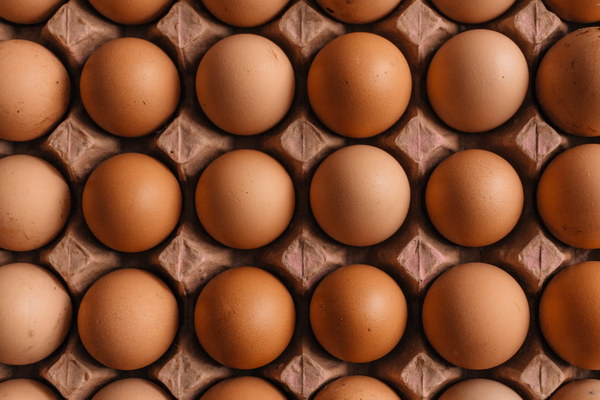
3. Another study published in the journal Neurochemistry International suggested that EGCG may improve cognitive function and protect against age-related cognitive decline.
The Future of Anti-Aging:
The potential of EGCG in combating aging has significant implications for the future of anti-aging treatments. As research continues to unfold, EGCG may play a crucial role in the development of new anti-aging therapies, including:
1. Dietary Supplements: EGCG supplements may provide a convenient and effective way to increase antioxidant intake and reduce oxidative stress in the body.
2. Skincare Products: EGCG may be incorporated into skincare products to improve skin health and reduce the appearance of aging signs.
3. Preventive Medicine: By targeting the underlying causes of aging, EGCG and other antioxidants may help prevent age-related diseases and improve overall health and well-being.
Conclusion:
The discovery of EGCG as a potential anti-aging compound has provided a new hope in the fight against aging. With its powerful antioxidant and anti-inflammatory properties, EGCG may hold the key to unlocking the fountain of youth. As research continues to advance, we can expect to see more innovative anti-aging treatments based on EGCG and other antioxidants, paving the way for a healthier, more youthful future.

